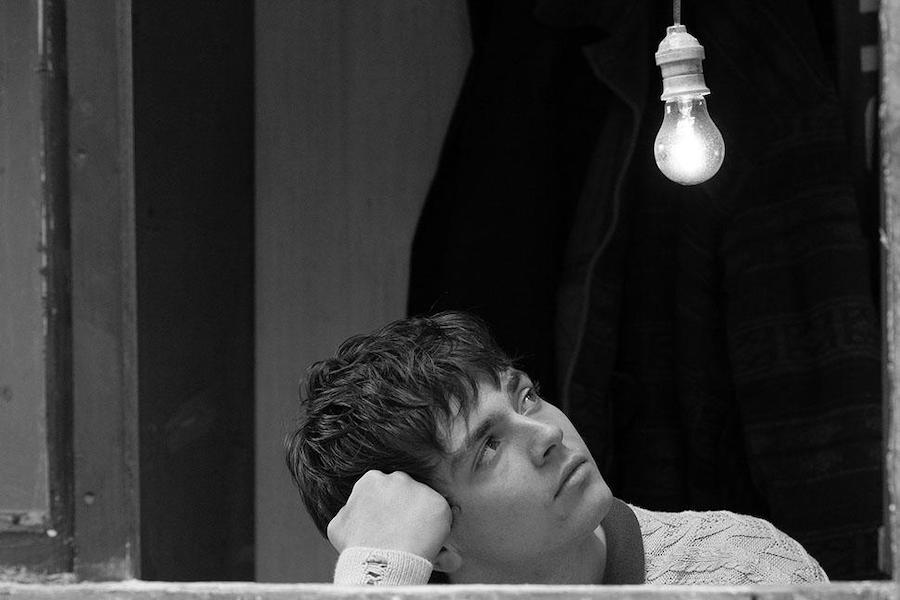Yurt (Dormitory) sheds the light on the conflict Turkey has been going through since decades now; the tensions between religious and secular Turks.
Fourteen-year-old Ahmet is sent by his recently converted father to an Islamic dormitory to learn Muslim values. Ahmet works hard to be the perfect son. He has trouble fitting in with rough kids and feels isolated in his day secular school, where he hides his new home from his classmates. His only solace is a new friend Hakan, a street-smart kid who knows how to work the Yurt system. Together they dream of making their own decisions.
Director Nehir Tuna talks us through his Orizzonti-section selected film.
AM: Tell us more about the pre-production of Yurt
Filmmaking is a long process. It can be hard to find the motivation to move forward. I was lucky to have support from mentors and institutions who came to my life when it’s the darkest, when all my hopes were about to diminish. They were my fuel as I was continuing my path with my little car. During the development, I made a short film as a proof of concept, which takes place in a similar environment with the same characters in Yurt. I also made a couple of directing exercises and mood videos which allowed me to test, experiment and explore the atmosphere, as well as the pace, rhythm, and visual texture.
AM: And how was it on set?
Just like in most of the film sets, we faced some hardship along the way, but it kept us alert and adaptable to our situations and allowed us to embrace the problems. The best thing you can have on set is a mutual respect and understanding with your crew.
AM: How close to an autobiography is Yurt?
I’d say it’s semi-autobiographical. I once stayed in a similar religious dormitory. I always knew that one day I would make a film about it. It was very lonely to not have the beloved ones around me and the experience of living in a very strictly authoritarian, fear-driven environment was extremely challenging. After many years, as a filmmaker, I explored those dark areas and the feelings that made me who I am today. Although these dormitories were widespread in the 90s and contributed greatly to the rise of political Islam in Turkey, no film has ever been made about them. As a filmmaker, I was uniquely positioned to tell this story from a personal and yet universally moving perspective.
AM: What are you trying to achieve through the story of the main character Ahmet?
For me, what I really try to do is to tell a political story in a very personal way. And I really hope this will allow us to have conversations about subjects that maybe otherwise are difficult to talk about. This era has never been looked at through the lens of these dormitories and the millions of children who were raised there. My film is a humanitarian film, with a humanitarian story, tt doesn't take sides. It may be difficult in some places to watch because of the story, but my ultimate hope is that it serves as a tool for people to gain understanding and engage in conversations about that period in Turkey's history and its enduring impact. My dream and aspiration are that it fulfills a healing function for individuals.
AM: How important is it to also highlight the struggles of men in our oriental society?
I think, especially in Eastern cultures where there is less individualism, a stronger emphasis on collective culture and more importance that is given to masculinity, it is rather important to be able to open up a space for those issues.
AM: Representing Turkish cinema in Venice is a milestone, what’s next?
I’m quite hopeful for the future. I hope to continue making films that challenge characters with questions of identity, belonging, courage, and belief, with the aim of sparking meaningful conversations within society.


